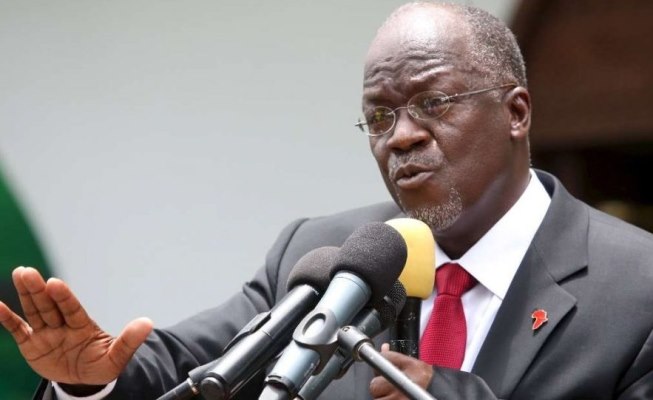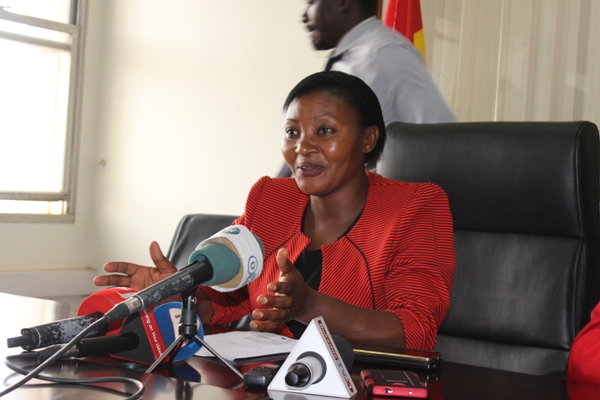A latest report says Uganda is increasingly becoming a mortgaged country, a thing that is unsustainable, Business Focus reveals.
A report by Parliament’s Budget Committee on Budget Estimates for 2017/18 indicates that the current public debt situation for Uganda is unsustainable.
“This is evidenced by the fact that, out of the total resource envelope of Shs28.99trn for FY (Financial Year) 2017/18, only Shs12.9trn (44.8% of the total) will be available for discretionary spending.
The balance of Shs16trn is earmarked for debt servicing and project support,” the report reveals.
It adds: “This makes the country highly vulnerable, to the extent that the budget can no longer adequately provide for quality education and health services, re-capitalization of vital enterprises, such as UDC (Uganda Development Corporation) and UDB (Uganda Development Bank), financing the productive sectors and the local governments.” It is worth noting that on Wednesday, Parliament approved a Shs29trn budget for 2017/18, of which Shs19.08trn is for appropriation and Shs9.92trn is for statutory expenditure.
The report adds that government should be more transparent and tell Ugandans the social and economic implications of the accumulating public debt stock.
“The committee recommends that government addresses the vulnerabilities with enhanced domestic revenue mobilization, increased trade openness and improved market integration and to ensure that growth dividends from the projects financed by public debt are all equitably distributed. It adds that government’s increased domestic borrowing has resulted into crowding out of the private sector credit through higher interest rates. It is also important to note that Uganda’s overall fiscal deficit is projected to rise to 5.1% of the GDP in 2017/18, up from 4.6% in 2016/17. According to the report, Uganda’s debt in net present value is projected at 31.19% of GDP in 2017/18, of which external debt is at 18.59% of GDP, while domestic debt is at 12.6 of GDP.
Uganda has in recent years embarked on massive domestic and external borrowing in order to finance her ambitious infrastructural projects such as Karuma and Isimba dams and Kampala-Entebbe Expressway among many others.
Uganda’s external debt is estimated at US$10.7bn as at the end October 2016, according to the Bank of Uganda.
Mortgaged Country: Uganda’s Rising Public Debt Unsustainable-Report






